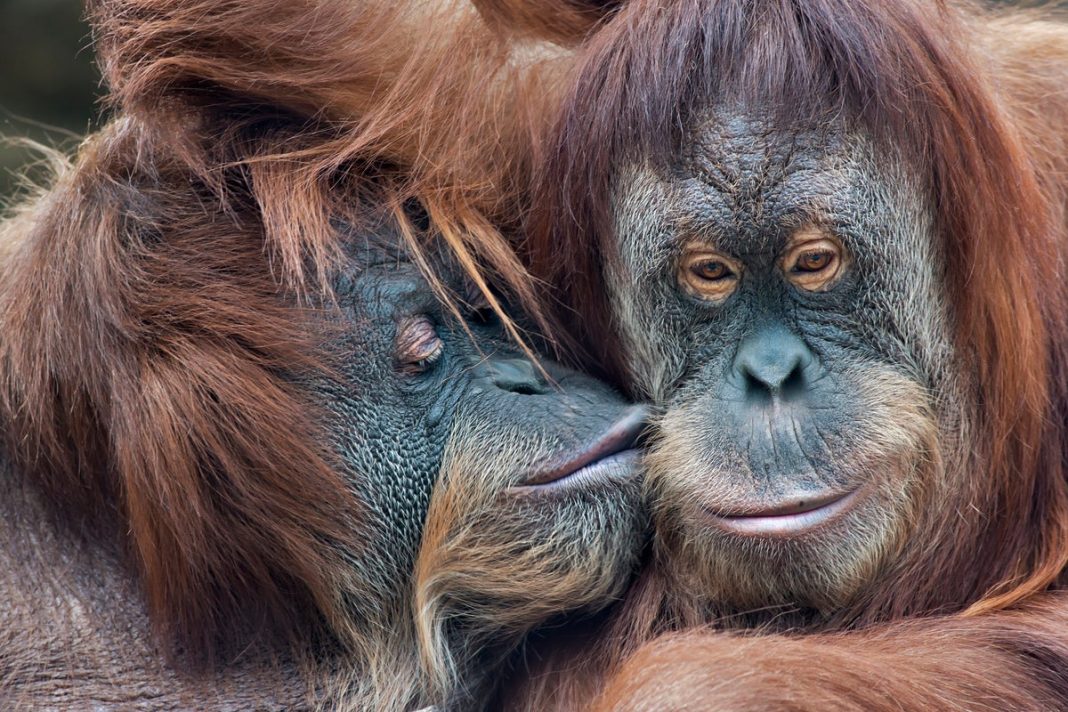Key Takeaways
- First human kiss dates back 21 million years, study reveals
- Ancient humans may have kissed Neanderthals as signs of affection
- Kissing evolved between 21-16 million years ago in primates
The first human kiss originated much earlier than previously thought – around 21 million years ago – and our ancient ancestors may have even locked lips with Neanderthals, according to groundbreaking Oxford research.
Ancient Origins of Affection
While scientists knew Homo sapiens and Neanderthals interbred, new evidence suggests their interactions included romantic kissing beyond basic animal instincts. This challenges previous understanding of early human relationships.
Kissing presents an evolutionary puzzle since it spreads diseases without offering clear survival advantages. Yet researchers found it’s an ancient trait present in most large apes.
“This is the first time anyone has taken a broad evolutionary lens to examine kissing, Dr Matilda Brindle, lead author and evolutionary biologist at Oxford’s Department of Biology, said. “Our findings add to a growing body of work highlighting the remarkable diversity of sexual behaviours exhibited by our primate cousins.”
Human-Neanderthal Connections
Homo sapiens and Neanderthals coexisted in Europe for 2,600-5,400 years before Neanderthals disappeared about 40,000 years ago. Previous studies showed shared oral microbes between species, indicating saliva transfer.
While this could have occurred through food sharing or chewing food for children, the latest research specifically points to kissing between humans and Neanderthals.
Researchers defined kissing as non-aggressive mouth-to-mouth contact excluding food transfer.
Evolutionary Mapping Method
The study examined European, Asian and African primates including chimpanzees, bonobos and orangutans – all observed kissing. Scientists treated kissing as an evolutionary trait and mapped it across the primate family tree.
Using complex models run 10 million times, researchers estimated the probability that extinct ancestors also engaged in kissing behavior.
Professor Stuart West, co-author and professor of evolutionary biology at Oxford said: “By integrating evolutionary biology with behavioural data, we’re able to make informed inferences about traits that don’t fossilise – like kissing. This lets us study social behaviour in both modern and extinct species.”
Origins and Limitations
Kissing may have evolved from grooming habits or mothers feeding their young. However, researchers caution that while the study explains how kissing evolved, it doesn’t reveal why animals kiss or the mechanism behind it.
The findings open new avenues for understanding and social behavior across species.





